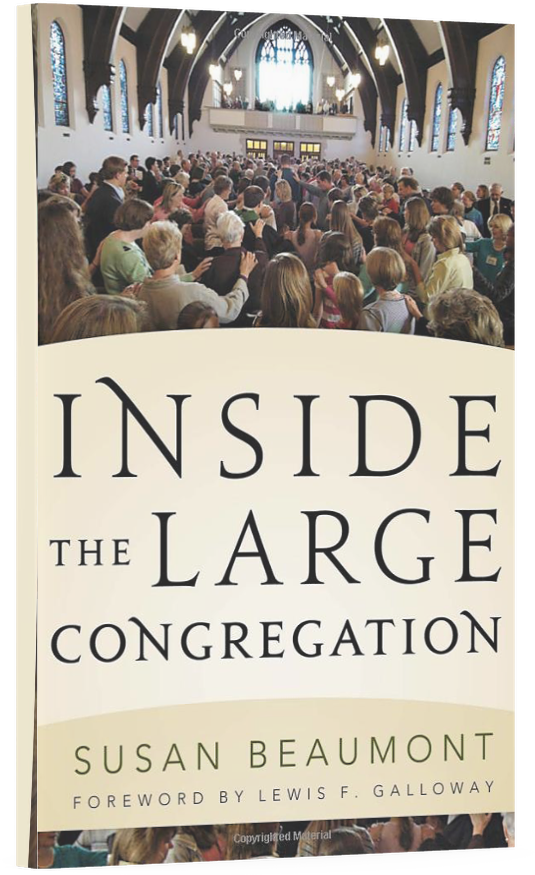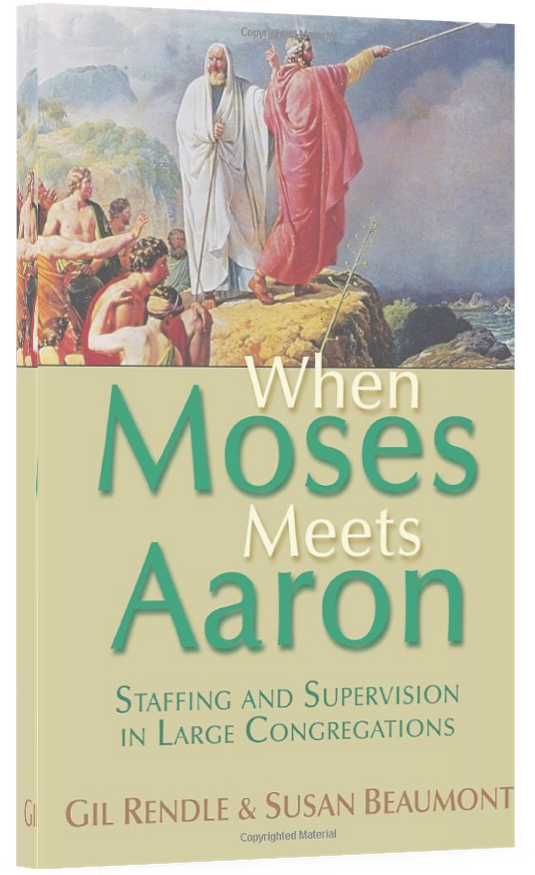 I’ve been watching and listening to pastors these past few weeks. They are bone weary. I can hear it in their voices and see it behind their eyes. It is challenging to marshal a calm and steady presence in the midst of our national political turmoil.
I’ve been watching and listening to pastors these past few weeks. They are bone weary. I can hear it in their voices and see it behind their eyes. It is challenging to marshal a calm and steady presence in the midst of our national political turmoil.
In the weeks ahead our leadership bodies will be making many of the hard decisions that come with wrapping up a calendar year. Many of you will be negotiating final decisions about the budget, staff raises, mission and program funding for a new year. These are difficult conversations to navigate in the best of times. These are not the best of times. How will you bring your best non-anxious self into these conversations and call that non-anxious presence forth in the groups that you lead?
A Steady Presence
We have long been taught that a non-anxious self is a critical leadership stance in the midst of anxiety. Good organizational leadership requires someone who is non-reactive, thoughtful and steady-particularly when the things around them are spinning out of control.
Edwin Friedman, in Generation to Generation, calls this stance “leadership through self-differentiation”. A differentiated leader takes non-reactive, clearly conceived, well- defined positions that seek to define the leader as the “head”, distinct from but committed to relationship with the body.
Peter Steinke in Congregational Leadership in Anxious Times calls it the non-anxious presence. Steinke describes this presence as a steady and calm way of being that acknowledges the anxiety, but does not let the anxiety drive behavioral choices.
Ronald Heifetz and Marty Linsky in Leadership on the Line call it holding steady. Holding steady is about learning to take the heat rather than fleeing or retreating back to the status quo. It involves focusing attention on hard issues and letting those issues ripen. It requires the ability to observe and learn from resistance and factions that emerge.
It is one thing to describe this kind of leadership presence. Embodying it is an entirely different matter. How do we offer a non-anxious leadership presence when we feel shaken to the core? How do we help an anxious leadership body engage in tough conversations when the environment feels so precarious?
Wonder: The Antidote to Anxiety
Wonder trumps anxiety. We cannot be filled with wonder and remain anxious at the same time. Wonder is the ability to feel amazement, admiration and curiosity about something. Wonder invites our best, most creative thinking. Wonder connects us with God. So how do we move from anxiety to wonder?
Otto Scharmer, Senior Lecturer at MIT, speaks of three internal voices that stand in the way of wonder; the voice of judgement, the voice of fear, and the voice of cynicism. In anxious times these voices dominate our thinking and reasoning and they keep us from engaging our best, God-centered selves. In times of anxiety we must learn to release these voices.
The Voice of Judgment is intellectual. This is the voice in your head that knows many things and has already reached conclusions about decisions at hand. It likes to label things “That approach is flawed and won’t work.” “He won’t support my idea because he is risk averse.” The voice of judgment tries to seal off the mind and protect the status quo. It shuts down creativity.
The Voice of Cynicism is born of mistrust. This is the voice in your head that is skeptical and certain that everyone is out to protect their own self-interest and violate yours. “He’s never supported any of my ideas and certainly won’t support this one.” “Just try to get the governing board to approve that idea!” The voice of cynicism tries to protect the heart from becoming too vulnerable. If I close myself off to the possibility of cooperation and success, I won’t be disappointed.
The Voice of Fear seeks to prevent us from losing what we already have. This is the whiny voice in your head that is certain you are in danger of losing ground. “Let’s just quit while we are ahead” “If we don’t raise this money, our very future is in jeopardy.” The voice of fear gravitates towards extremes. It shuts down the open will by keeping us in grasping mode, which works against the spiritual stance of surrender. Grasping at what you are in danger of losing keeps you from experiencing God’s abundance.
The voices of judgment, cynicism and fear run amok in anxious times. They cultivate a closed mind, heart and spirit. They fight against wonder. If our desire is to adopt a non-anxious leadership stance then we need to release these voices.
Releasing the three voices begins with acknowledging their existence. At least initially, we have to create some space to attend to the voices as they express themselves.
Create a quiet space to reflect and attend to your inner thoughts. Sit with a blank sheet of paper. Think about a specific issue or decision that you are facing. Attend to each of the voices one at a time, with regard to that specific issue. What is the voice of judgment saying in your mind about the specific decision at hand? Write the musings of the voice down on the paper in front of you in stream of consciousness fashion. Don’t argue with it or filter it, just write it. Then ask the voice of judgment to be silent for a while so that you can hear from the voice of cynicism on this matter. Again, give this voice free reign for two or three minutes recording everything it says to you. Finally, invite the voice of cynicism to remain silent while you listen for the voice of fear. Record any and all thoughts that fear expresses to you.
Once the journaling exercise is complete, read through the thoughts that have been expressed simply acknowledging their presence. And then, in whatever way works best for you, release the voices. You may want to symbolically fold and put the paper away or shred it and throw it away. You may want to pray to be released from the constraints that the voices represent. Or, you may want to simply sit in silence and listen to the voices retreat.
On the other side of judgment, cynicism and fear lives a state of wonder, mystery and possibility. “What wants to emerge here? What is likely to happen next? How can we bring the best of ourselves to the decision at hand?”
The anxiety in our culture is not likely to diminish anytime soon. Our leadership presence does not need to be captured by it. I pray that each of you, and the leaders that you lead, will find your way towards wonder in the weeks and months ahead. May God be with you in this.




This was really helpful. Thank you!
John DeBevoise
This was really helpful. Thank you!
John DeBevoise
Grateful for this relevant article, Susan. God has been working overtime to teach me about this lately. Thank you for your helpful mentoring.
Grateful for this relevant article, Susan. God has been working overtime to teach me about this lately. Thank you for your helpful mentoring.
you have no idea how much I needed this Susan.
you have no idea how much I needed this Susan.
Timely, thought-provoking and helpful to me in the UK, thanks so much
Timely, thought-provoking and helpful to me in the UK, thanks so much
Inviting us toward wonder is just the right word for us as the season of Advent begins. Thank you. I will try to find ways to practice wonder this season.
Inviting us toward wonder is just the right word for us as the season of Advent begins. Thank you. I will try to find ways to practice wonder this season.
What you are saying is get out of reactive to response mode. Good ideal
What you are saying is get out of reactive to response mode. Good ideal
Thank you Susan, for for your ministry to us in these trying times. I’ll be sharing this with our church staff team at our meeting this week.
Thank you Susan, for for your ministry to us in these trying times. I’ll be sharing this with our church staff team at our meeting this week.